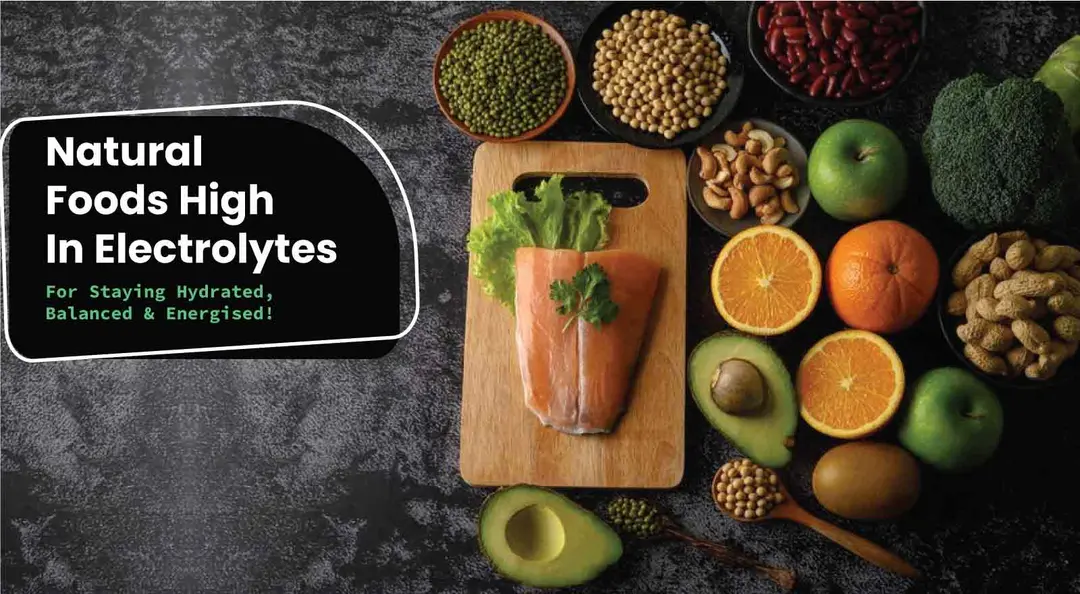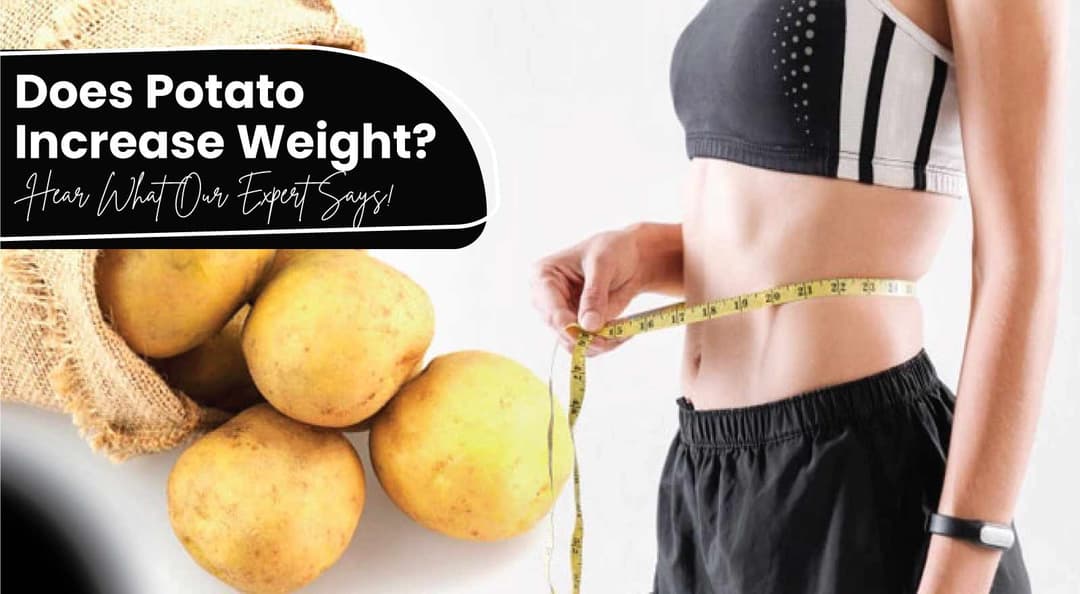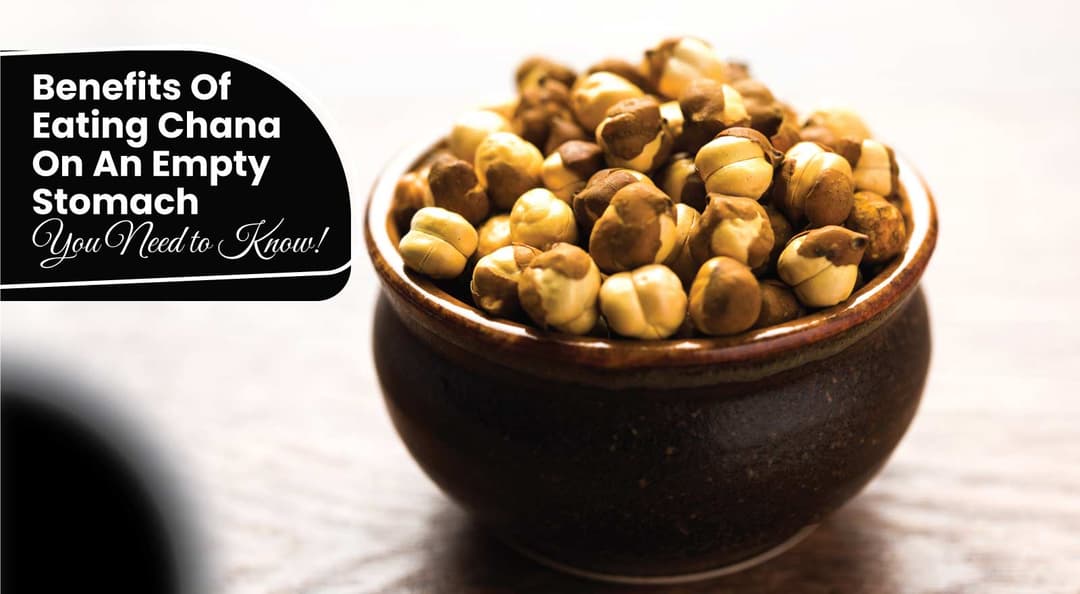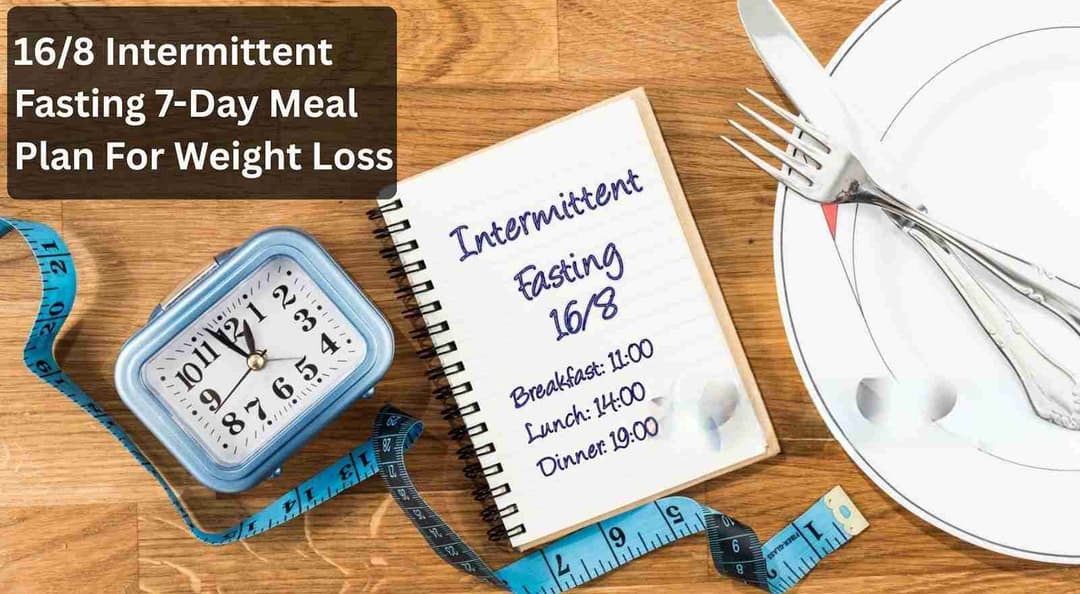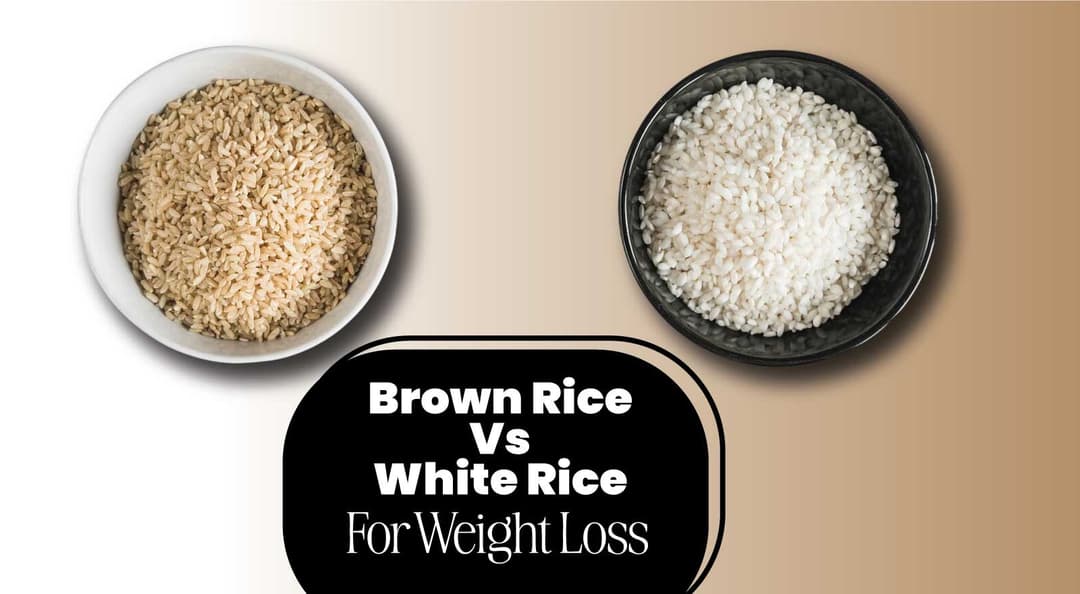Are you concerned about sudden weight loss during bouts of diarrhoea and wondering if it's something to worry about? Can diarrhoea cause weight loss? Or is it just a temporary effect of dehydration? Many people experience weight fluctuations during diarrhoea due to the loss of water and electrolytes like potassium and sodium and reduced calorie intake. While acute diarrhoea gives superficial "water weight" loss, chronic or severe cases can result in more substantial weight loss, nutrient deficiencies, and even serious complications like kidney issues if not addressed carefully. Understanding the unexplained weight loss and diarrhoea, the underlying causes, and practical strategies are essential for recovery and preventing future episodes.
But does diarrhoea cause weight loss? This blog explores the primary reasons diarrhoea can affect weight and shares 11 actionable tips for managing symptoms effectively and restoring your health.
Table Of Contents
1. Can Diarrhoea Cause You To Lose Weight? Effects Of Diarrhoea On Your Body
2. 11 Tips To Manage Weight And Nutrition In Diarrhoea
3. How Much Weight Do You Lose From Diarrhoea?
4. Expert’s Advice
5. The Final Say
6. FAQs
7. References
Can Diarrhoea Cause You To Lose Weight? Effects Of Diarrhoea On Your Body
Yes, diarrhoea causes temporary weight loss due to the expulsion of loose stools, which causes significant fluid loss. This "water weight" loss is superficial and does not indicate actual fat or muscle loss. The body feels lighter after an episode due to dehydration, not actual weight reduction. Acute diarrhoea results in excessive thirst, dark urine, dry mouth, and fatigue, reflecting dehydration caused by fluid imbalance.
Consider noticing these main reasons why diarrhoea causes weight loss:
1. Dehydration And Electrolyte Imbalance
Prolonged diarrhoea can escalate to severe dehydration, with symptoms such as fatigue and muscle spasms. This condition arises from losing vital electrolytes like sodium, potassium, and magnesium, which can also cause irregular heartbeats and kidney complications. Addressing this involves replenishing electrolytes through supplements or nutrient-rich broths.
2. Reduced Caloric Intake
Diarrhoea often comes hand-in-hand with uncomfortable symptoms like nausea and loss of appetite. When your body feels unwell, it's natural to eat less. Also, the frequent bowel movements from diarrhoea can make it challenging to keep food down, reducing caloric intake. This decrease in consumption of healthy foods causes excessive weight loss, especially if the diarrhoea persists.
3. Malabsorption Condition
Certain inflammatory bowel diseases, like Crohn's disease plus ulcerative colitis, can damage the lining of your intestines. This damage interferes with the absorption of essential nutrients from your food. When your body cannot properly absorb nutrients, it can lead to weight loss despite consuming adequate calories.
Chronic diarrhoea can cause more noticeable weight loss due to ongoing fluid depletion and reduced food intake.
Try ToneOp Care's Isab Go+ Sachets to manage diarrhoea. These sachets contain Ispaghula Husk with Lactitol Monohydrate, gently relieving diarrhoea. With their safe, easy-to-use format, Isab Go+ Sachets can help you achieve a healthier gut.
Note:
- The weight loss experienced during diarrhoea is mostly water weight, typically regained once the stools normalise and normal eating patterns resume.
- While the body might lose up to 1.0–1.5 kg per day due to diarrhoea, this loss does not reflect permanent body composition changes.
- If diarrhoea persists for days or weeks, it may significantly affect health, and monitoring is crucial, especially when accompanied by weight loss.
- Affected people should ensure adequate hydration and consult for proper diagnosis and strategies to prevent long-term health complications.
Experience effortless weight management with ACV Effervescent Tablets. These delicious green apple-flavoured tablets combine the power of unrefined apple cider vinegar, garcinia cambogia, and pomegranate to help curb hunger and cravings and boost your metabolism. Enjoy a convenient way to support your weight loss goals.
Also Read: How to Calculate Calorie Intake for Weight Loss
11 Tips To Manage Weight And Nutrition In Diarrhoea

Consider implementing these tips to treat the root causes of weight loss due to diarrhoea for effective treatment:
1. Replenish Fluids And Electrolytes
Dehydration is a significant risk during diarrhoea due to fluid and mineral loss. Regularly consume oral rehydration solutions, electrolyte drinks like Pedialyte, or homemade solutions with salt and sugar dissolved in water. These are absorbed more efficiently than plain water, preventing further dehydration. Popsicles, diluted fruit juices, and sports drinks can also help restore hydration. Drinking fluids slowly and frequently ensures better absorption, especially when nauseous.
2. Follow A Bland Diet
A bland diet is essential to ease digestion and soothe the stomach. Foods like bananas, rice, applesauce, and fresh toast (BRAT diet) are gentle on the gut and help firm up stools. You can also include oatmeal, boiled potatoes, cream of wheat, saltine crackers, and clear soups or broths. These foods provide easy-to-digest carbohydrates and nutrients. Avoid raw vegetables, fibrous fruits, spicy dishes, fried foods, and rich sauces, as they disturb digestion and worsen diarrhoea.
ToneOp Fit's Balanced Diet Weight Loss Plan emphasises nutrient-rich foods like fruits, fresh vegetables, nuts, and seeds for sustainable weight loss. The plan features a personalised diet tailored to your needs, ensuring you receive balanced nutrition without additional supplements. Access to over 40,000 healthy recipes allows you to enjoy many delicious and nutritious meals supporting your weight loss goals.
3. Consume Potassium-Rich Foods
Diarrhoea depletes potassium, a vital mineral for maintaining nerve and muscle function. Eating potassium-rich foods like ripe bananas, baked potatoes, apricot or peach nectar, fish, and lean meat reduces types of malnutrition diseases and helps replenish this nutrient. Potassium is crucial for restoring energy levels and preventing muscle weakness or cramps during recovery.
4. Hydrate Strategically
Drink fluids in small, frequent sips rather than in large quantities at once, minimising the risk of vomiting. Alternate between water, broths, and electrolyte solutions to restore hydration and balance minerals. Popsicles made from fruit juices or electrolyte drinks can be soothing and hydrating, especially for people who struggle to drink larger amounts.
5. Avoid Trigger Foods
Certain foods can exacerbate diarrhoea by speeding up digestion or irritating the gut lining. Spicy foods, dairy products, fried items, artificial sweeteners, and red meat should be avoided during recovery. Fibre foods must be prioritised as other ones, like raw vegetables and low-quality whole grains, can worsen symptoms by increasing bowel movements. Instead, focus on easily digestible options until symptoms subside.
6. Monitor Food Intolerances And Medications
Some foods or medications might trigger diarrhoea. For instance, lactose intolerance can worsen symptoms, so avoid milk and dairy temporarily. Similarly, antibiotics or magnesium-containing drugs can disrupt gut health, causing loose stools. Work with a healthcare provider to identify these triggers and switch to suitable alternatives.
ToneOp Care's Gastro Health Care Combo offers a comprehensive solution to help you manage digestive issues like indigestion, constipation, bloating, and acidity symptoms and improve your digestive health. This combo can improve food absorption and a comfortable digestive experience by supporting IBS management, enhancing metabolism, and optimising liver function. Try ToneOp Care's Gastro Health Care Combo for 60 days and experience its positive impact on your digestive wellness.
7. Maintain Hygiene To Prevent Infections
Infectious diarrhoea often spreads through contaminated food or water, especially while travelling or in childcare settings. Wash hands thoroughly with soap and water before eating or preparing food. Avoid drinking untreated water or consuming raw or improperly cooked foods. Maintaining proper hygiene is a critical preventive measure.
Try ToneOp Fit's 1-Year Transformation Plan, which provides a comprehensive weight management and wellness approach. This holistic program focuses on internal and external factors, combining a Sattvic diet with natural therapies and mind-body wellness techniques. Naturopaths will create a customised plan incorporating Ayurveda and herbal remedies to aid in weight loss. Also, stress-relief and ancient yoga practices will support your body's natural detoxification and weight loss processes.
8. Eat Smaller, Frequent Meals
Eating small, frequent meals helps the stomach handle food better and reduces strain on the digestive system. Large meals can overwhelm the gut and worsen symptoms. Choose simple, bland foods and space meals evenly to aid recovery plus maintain energy levels.
9. Reintroduce Balanced Nutrition Gradually
Within 24–48 hours after symptoms improve, include nutrient-rich foods like steamed vegetables, lean proteins, and fruits into your diet. Transitioning from bland foods to a balanced plant-based diet supports gut health and restores nutrient levels. Probiotics from yoghurt or supplements rebuild healthy gut bacteria and prevent digestive issues.
10. Consider IV Therapy For Severe Dehydration
If dehydration worsens, intravenous (IV) hydration therapy may be necessary. This medical treatment quickly restores fluid levels, balances electrolytes like sodium and potassium, and reduces acidity in the body. IV therapy can also detoxify the system by flushing out toxins accumulated due to prolonged diarrhoea.
11. Reduce Stress And Improve Gut Health
Chronic stress can negatively impact digestion, making the gut more prone to issues like diarrhoea. Practice stress-relief techniques like guided meditation, yoga, or deep breathing exercises to support gut health. A varied diet rich in plant-based foods, fibre, and probiotics helps improve the gut microbiome, which reduces inflammation and lowers the risk of recurrent diarrhoea.
Note: Consulting a professional ensures proper diagnosis and avoids treatments that could worsen the condition, like using anti-diarrhoea medications for bacterial infections.
How Much Weight Do You Lose From Diarrhoea?
The amount of weight you can lose from diarrhoea varies, but it is primarily due to fluid loss rather than actual fat loss. On average, individuals may experience a weight loss of 1 to 5 pounds (0.5 to 2.3 kg) during a bout of diarrhoea, depending on the severity and duration of the condition. However, this weight loss is mostly temporary and related to dehydration, which can lead to serious health issues if not managed properly.
Also Read: 7 Top Foods For Muscle Recovery And Growth | ToneOp Fit
Expert’s Advice
I recommend keeping your gut healthy and happy, which is essential to your overall health. When your gut feels good, you can focus on improving other areas of your health. After recovering from diarrhoea, following a varied and balanced plant-based diet is essential. This can improve the wellness of your gut microbiome and prevent inflammatory conditions that increase the risk of diarrhoea. Eating smaller meals plus reducing stress can also improve digestion.
Health Expert
Lavina Chauhan
The Final Say
So, diarrhoea can sometimes make you lose weight. This happens because you lose water and nutrients when you have loose stools. While a little weight loss is average, too much can be bad. To feel better, drink lots of fluids, eat bland foods, and rest. See a doctor if you have diarrhoea for a long time or lose weight. You can improve and feel strong again by taking care of yourself and following these tips.
FAQs
1. What does your body lose when you have diarrhoea?
When you have diarrhoea, your body loses a significant amount of fluids and essential electrolytes, such as sodium, potassium, and chloride. This loss can lead to dehydration, which can cause symptoms like extreme thirst, dry mouth, fatigue, and reduced urination.
2. Do you lose calories when you have diarrhoea?
Yes, you can lose calories when you have diarrhoea. This is because diarrhoea can lead to decreased food intake, malabsorption of nutrients, and increased fluid loss. However, note that this weight loss is often unhealthy and unsustainable.
3. What are the effects of diarrhoea and weight loss in adults?
Diarrhoea causes various health problems, including dehydration, electrolyte imbalance, and malnutrition. In severe cases, it can even call for hospitalisation. If diarrhoea is accompanied by significant weight loss, it may be a sign of concerning inflammatory bowel disease or cancer.
References
- https://www.carolinadigestive.com/blog-post/diarrhoea-and-weight-loss-when-to-worry
- https://ro.co/weight-loss/diarrhoea-weight-loss/
- https://www.medicinenet.com/diarrhoea_weight_loss/multisymptoms.htm
- https://www.usenourish.com/blog/does-diarrhoea-cause-weight-loss
- https://www.ucsfhealth.org/education/nutrition-tips-for-controlling-diarrhoea#:~:text=Drink%20fluids%20between%20meals.,foods%20may%20help%20control%20diarrhoea.
- https://lubbockgastro.com/risks-of-diarrhoea-after-eating/#:~:text=When%20diarrhoea%20occurs%20immediately%20after,diarrhoea%20can%20make%20you%20malnourished.
- https://ghc.health/blogs/all-about-men/how-much-weight-can-you-lose-from-diarrhoea?srsltid=AfmBOoojQC_neF7yDwRxM6bJXS7YrN6aBFdLmaScTIE-P3vrK7H31bXi
About ToneOp Fit
ToneOp Fit is a platform dedicated to improving and maintaining good health through a comprehensive range of goal-oriented health plans with up to 3 Coach support. With a range of Weight Management, Medical Condition, Detox Plans, and Face Yoga Plans, the app also provides premium health trackers, recipes and health content. Get customised diet, fitness, naturopathy & yoga plans and transform yourself with ToneOp.














